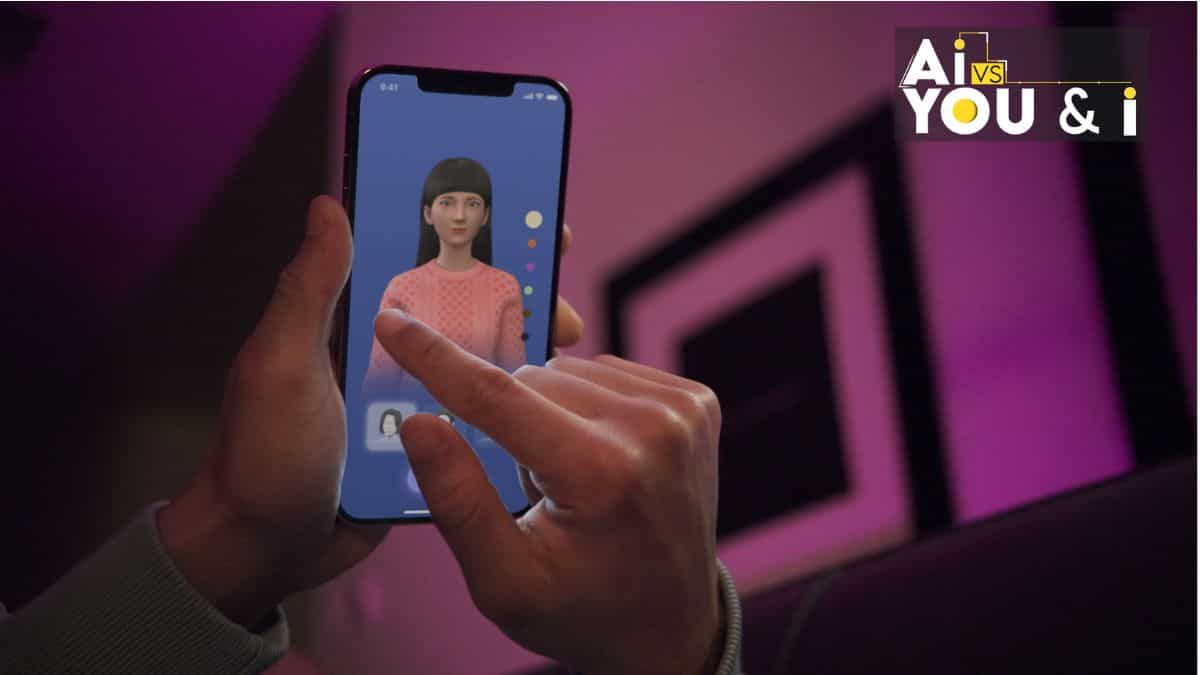Understanding the Role of AI-Powered Chatbots in Mental Health Services
Artificial Intelligence (AI) is revolutionizing various aspects of our lives, including mental health services. With a growing shortage of mental health professionals worldwide and an increasing prevalence of mental health issues, providers are turning to AI-powered chatbots to bridge the gap.
The Rise of AI Therapists
One such AI chatbot making waves in the mental health space is Woebot. Developed by Alison Darcy, a research psychologist and entrepreneur, Woebot serves as a “pocket therapist” accessible through a mobile app. It leverages text-based interactions to assist individuals in managing conditions such as depression, anxiety, addiction, and loneliness on-the-go.
Effectiveness and Limitations
While some AI chatbots like Woebot offer valuable support, others may pose risks. Reports indicate that while these chatbots can provide helpful advice, they may also fail to recognize critical issues like suicidal thoughts. It’s essential to understand the capabilities and limitations of AI therapists before relying on them for mental health support.
Challenges and Opportunities
Despite the potential benefits of AI therapy, challenges exist in ensuring the responsible and effective use of these technologies. For instance, the AI-based therapist Tessa, developed by the National Eating Disorder Association (NEDA), faced criticism for providing harmful advice to users seeking help. This incident underscores the importance of careful development and oversight in AI-powered mental health solutions.
The Future of AI in Psychotherapy
Alison Darcy emphasizes the need for thoughtful innovation in modernizing psychotherapy through AI technologies. By leveraging vast amounts of specialized data, AI chatbots can help individuals recognize and address dysfunctional thoughts, offering a unique approach to cognitive behavioral therapy (CBT). While challenges may arise, there is an opportunity to refine and enhance these technologies for better mental health outcomes.















































